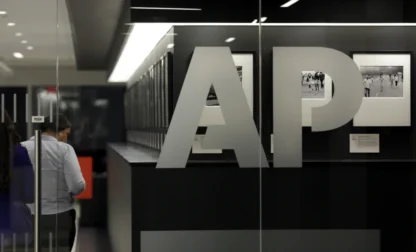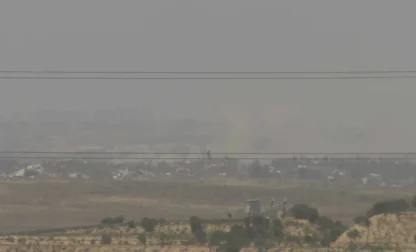ORLANDO, Fla. (AP) — About two dozen media organizations including The Associated Press, CNN and The New York Times filed a lawsuit Thursday seeking disclosure of city of Orlando phone recordings stemming from the Pulse nightclub shooting.
The city, meanwhile, claimed in its own court filing that the recordings are exempt under Florida public records law and that the FBI insists releasing them may disrupt the ongoing investigation.
The media lawsuit contends city officials are wrongly withholding recordings of dozens of 911 calls as well as communications between gunman Omar Mateen and the Orlando Police Department. Mateen was killed by police early June 12 after a lengthy standoff in a mass shooting that killed 49 people and wounded 53 others.
A death certificate issued Thursday shows that Mateen’s body was buried at the Muslim Cemetery of South Florida in Hialeah Gardens near Miami. It doesn’t say when the burial took place.
Also Thursday, a new assistance center for shooting victims opened, and an evening street party was planned by the Pulse nightclub owner as a way to show the community’s resilience. The party was Latin-themed, since it was “Latin night” at Pulse the night of the shootings.
The media lawsuit filed in Orange County Circuit Court says the public needs to fully understand how events transpired that night, including the timing and tactics of police, and any indications from Mateen about the motivations behind the attack. The audio recordings would likely give clues to the tone and demeanor of those on the calls, including some calls possibly made by hostages during the three-hour standoff.
“There is strong public interest in fully evaluating how first responders and police reacted during the most critical phases of this incredible tragedy,” the media organizations contend. “To be sure, the news media do not approach this petition with any preconceived notion that the city somehow acted inappropriately. Indeed, the audio recordings may well serve to substantiate and justify any action taken.”
In its own lawsuit — which names only the AP as a defendant — the city claims the FBI doesn’t want the recordings released to protect its investigation. The FBI has released a partial written transcript of Mateen’s calls to police, but a letter from the Tampa FBI chief to Orlando officials makes clear the bureau wants the recordings sealed for now.
“The FBI considers information obtained from state and local law enforcement agencies in furtherance of its investigation to be evidence, or potential evidence,” says the letter dated Monday from Paul Wysopal, special agent in charge of the FBI Tampa field office.
The FBI and city claim the recordings are exempt from disclosure under Florida public records law because they pertain to the ongoing investigation, could endanger witnesses and might disrupt any possible future prosecutions. The city also cites other exemptions, including any recording that depicts “the killing of persons” that may include gunshot sounds and victim voices.
Orlando Mayor Buddy Dyer said in a statement that the city supports the FBI’s need to protect its investigation but also must “balance that with our responsibility to be transparent” and comply with state and federal law.


